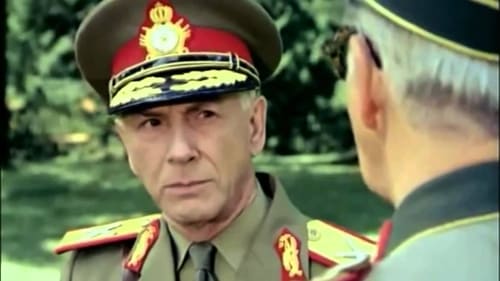
Фильм описывает положение в Румынии в конце Второй мировой войны, обращаясь к одной из самых драматических и спорных тем в современной истории Румынии - перевороту 23 августа 1944 г. В фильме затронуты и период мятежа легионеров 1941 года, отречение короля Михая, правление, арест и казнь маршала Антонеску, установление правительства Петру Гроза, смерть Маниу и казнь Пэтрэшкану. Большая часть эпизодов основаны на исторических документах того времени.

An untalented writer attempts to achieve a "lifelike" scenario fail in a dozen policier.

In the early 19th century the Romanian Theodor Diamant was inspired by the French utopian socialist Charles Fourier and established one of Fourier's "phalansteries" in Rumania. The film dramatizes the origins and demise of this effort, called the "Scaieni Phalanstery (the term is derived from "phalanx" and "monastery"). Among the socio-political commentary that is conveyed throughout, there is an important collusion between the army and the wealthy landowners of the time, and as the film points out in its own way, neither of these groups has ever been convicted of socialist/utopian tendencies.

